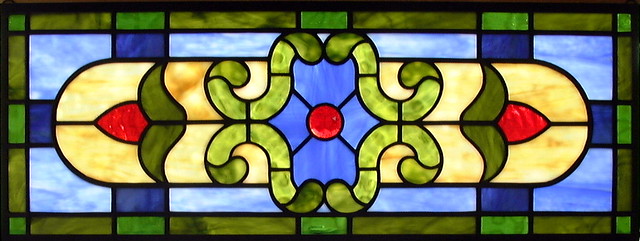Philemon 1:18 – “But if he has wronged you or owes anything,
put that on my account.”
Onesimus was a runaway slave. While in his state of being a runaway, the
Holy Spirit converted him through Paul’s effort. This is an amazing visual aid of our story. The enemy entered into our territory and took us
captive. We ran away. Jesus stepped in and said, “Put that on My
account.”
Are there those that have wronged you? Does someone owe you something? Are you willing to assume this role of
intercession by saying “put this on my account?” Another way of saying this is, “Father,
forgive them. They do not know what they
are doing.” Recognize that when you have
done it unto the least of them, you have done it unto Him.
This goes for what we deem as good or as bad. Often what we feel is bad is an invitation to
see things with different eyes, hear things with different ears, feel things with
a new heart. It takes a change in all
three…eyes, ears, heart…to say, “Put that on my account.” Our places of
challenge are really opportunities for transition.
Often we do not recognize that “in as much of you have done
it unto them, you have done it for Me” includes relationship issues…not just
giving physical assistance of some sort.
No greater love has any man than he lay down his life for another. Dying daily to what we perceive as our own
rights and what is fair, is one way of laying down our life for the other. As I write this, I hear all sorts of
objections in the name of proper boundaries.
Jesus said, “If you love me, keep my commandments.” His boundaries are the commandments (love to
God and to man) and they are based in love.
Boundaries, in the form of self-protection, are not Love based. They are self-love based. I am not saying that our needs, wants, and
preferences are not valid. Most of all,
we need to see what is behind those needs, wants, and preferences. Have you been so violated that the victim is
in danger of becoming the perpetrator?
This can easily happen. Rather
than being healed of the wounding of the violation, we start setting boundaries
to protect self/heart. This is just a different
type of violence that constantly reminds us of the need to be vigilant about
protecting ourselves.
The more clear we get on “Put that on My account,” the more
clear we become in our understanding of these concepts. With understanding, forgiveness becomes a
non-issue. Jesus said, “Father, forgive
them. They do not know what they are
doing.” It is amazing that our
forgiveness is based on our ignorance.
Can we extend this kind of grace to others realizing that their behavior
is based in not knowing what they are doing.
The flip side of this is that we do not know what we are
doing either. Often our expectations of
others are based in selfishness. We have
all sorts of ways of dressing this up.
We are demanding that others “take care of us” in some way. Father, forgive us for we do not know what we
are doing. We are making others our God,
our safety, our security, our significance, our support. This is idolatry. How much better if we just get the principle
of “Put that on My account.”

No comments:
Post a Comment